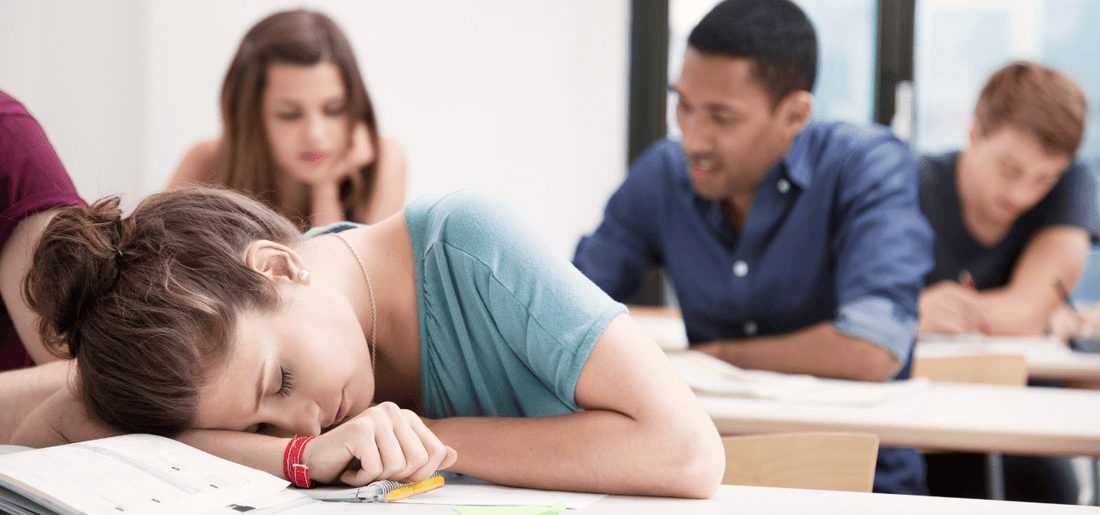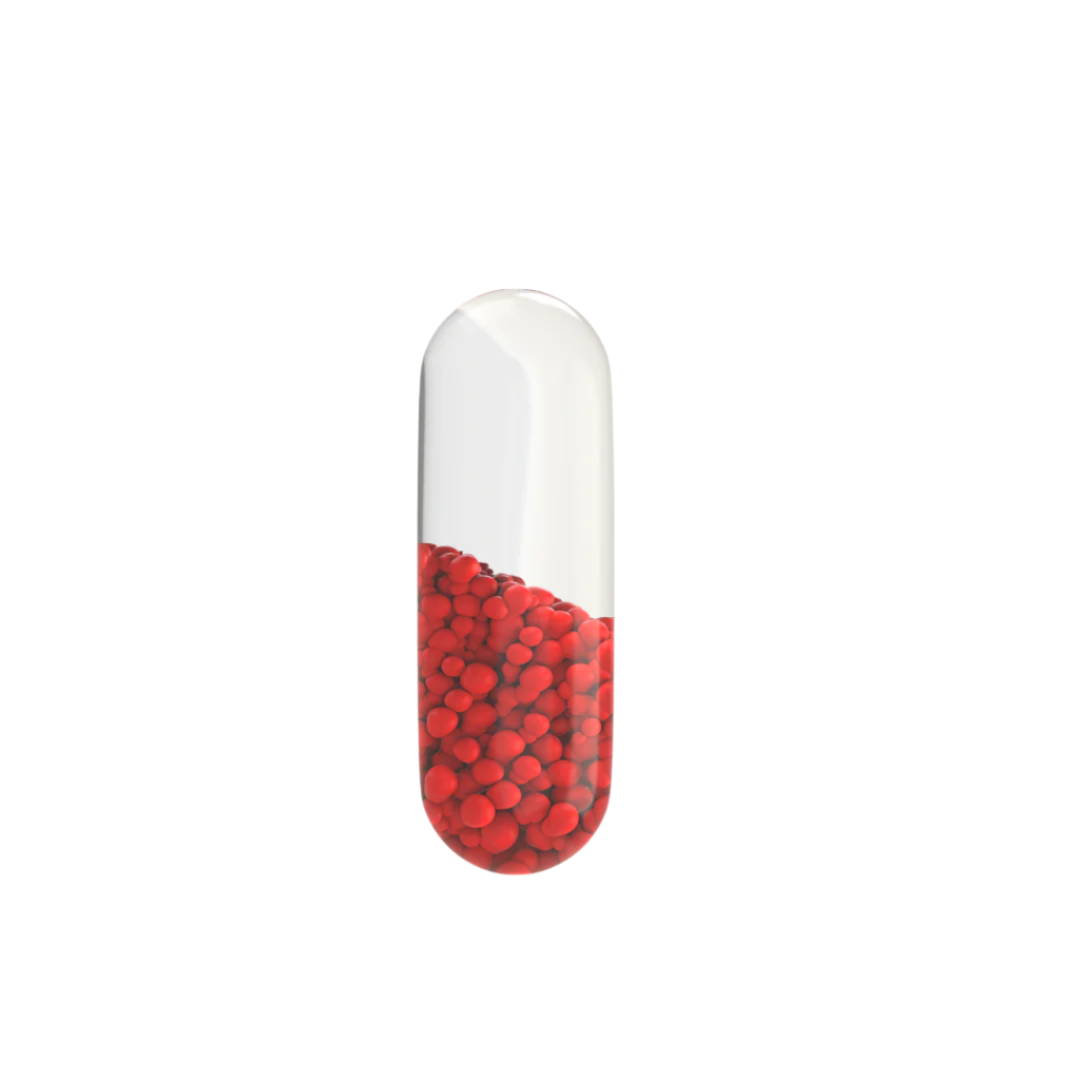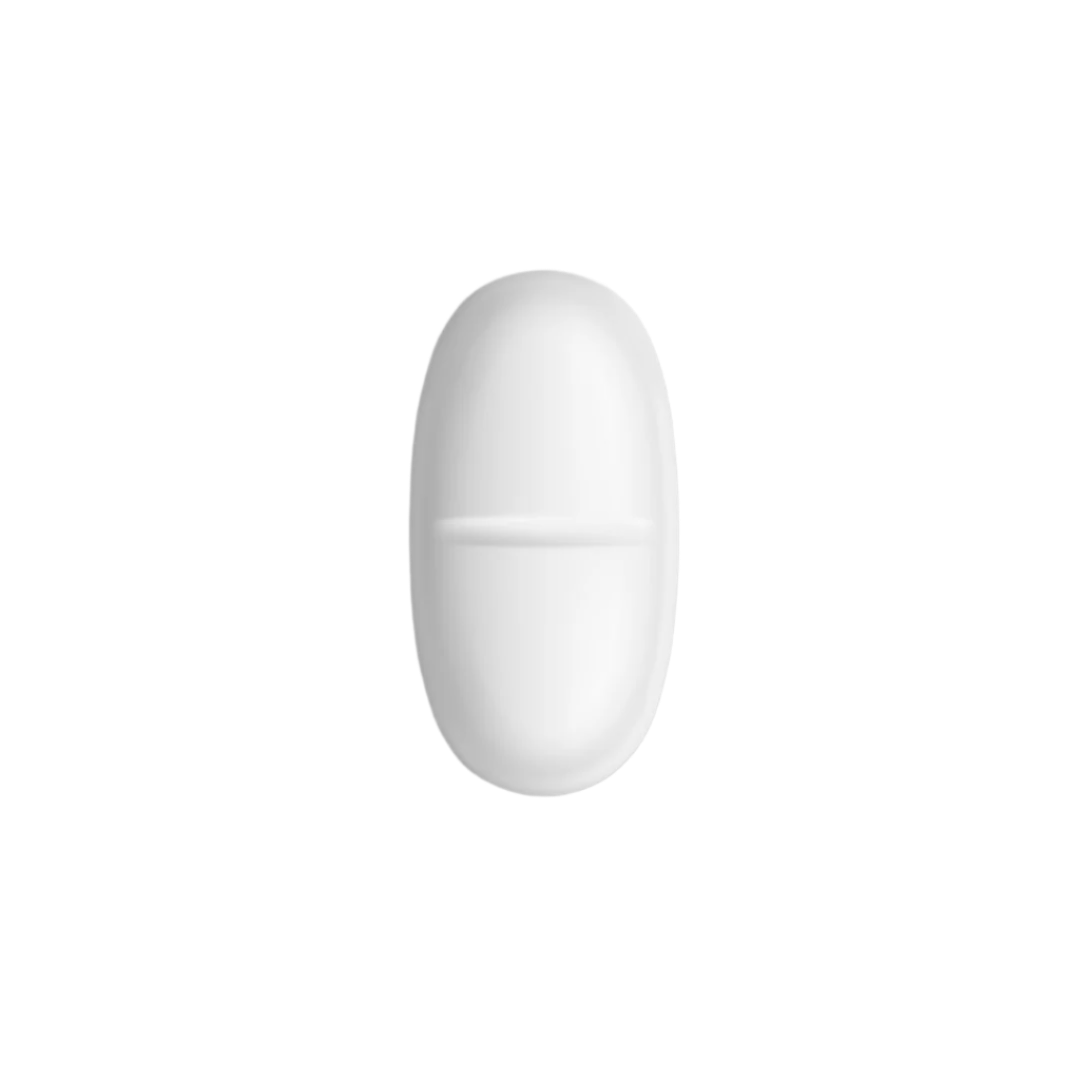2022 Student Sleep Statistics: An Endemic Problem

In high schools and universities students can often be found saying they’re going to do an all-nighter the eve before a deadline or exam. Sacrificing sleep for studies is not an uncommon phenomenon, especially in academic settings. But how effective is it, and what are the consequences of doing so on the mind and body?
Based on the results of a wide range of studies that explore such questions, we’ve put together a number of student sleep statistics that provide insight into what appears to be an endemic problem. We also share some simple and easy tips for students to follow in order to sleep well, increase the amount of sleep they’re getting, and perhaps even acquire better grades. (Note, this post focuses on high school and university students in the US and UK, though it does also include some worldwide statistics.)
How many hours of sleep do we need?
According to the National Sleep Foundation, the number of recommended hours of sleep for teenagers between the ages of 14 to 17 years is 8 to 10 hours, while for adults between the ages of 18 to 64 years it is 7 to 9 hours.1
But there’s clear evidence that teenagers and adults are simply not getting the recommended number of hours of sleep they need. Data compiled by the CDC, or Centers for Disease Control and Prevention, indicates roughly 35% of US adults sleep for under 7 hours2. In the UK, this number is far higher, with 2022 YouGov data indicating 47% of British adults get less than 7 hours of sleep per day3.
The data points to multiple reasons for and consequences of sleep deprivation – which is a condition when we don’t get enough sleep4 – and we explore this later in the article. But for now, let’s see how students fare when it comes to sleep.
How many hours of sleep are students getting?
A Morbidity and Mortality Weekly Report by the CDC found that on an average school night, 73% of US high school students don’t get enough sleep, with 44% reporting sleeping for 6 hours or less5. A large-scale study also found that 36% of US university students sleep less than 7 hours each night6.
A survey conducted by My Student Halls found that 19% of UK university students are getting less than 5 hours of sleep per day7. Not only that, 46% rate their sleep as either bad or fairly bad8. The NHS also found that post-pandemic, 57.1% of young adults aged 17 to 23 suffer from sleep problems 3 days of the week.9
And these alarming figures don’t seem to be restricted to the UK or US. A survey investigating sleep duration discovered that 40% of university students across 26 countries sleep for 6 hours less per day10. Another systematic review found that across the world 50% of the general student population experience sleep problems, and that 62% of college students suffer from poor sleep quality11. One study found that during the week of final exams, less than 10% of undergraduate students sleep 7 hours per night12.
Reasons why students don’t get enough sleep
Excluding sleep disorders, there are many reasons why high school and college students suffer from lack of sleep, and these reasons may be grouped together under the following 4 determinants:
- Lifestyle (such as poor eating habits13, drinking alcohol, taking drug or other stimulants14, or heavy use of technology before bed15)
- Social (such as stress over academic performance16, poor sleep hygiene17, or suffering from racial discrimination18)
- Mental health or well-being (such as depression19 or anxiety20)
- Physical (such as fatigue21 or pain22)
There are some statistics worth mentioning here. In the UK, 44% of undergraduate students say financial worries keep them awake at night.23 Stress negatively influences the sleep quality of 76% of students, while 38% find digital distractions such as mobile phones or TVs affecting their sleep24. In the US, 24% of the students who reported disturbed or insufficient sleep reported tension and stress as the causes.25
The effects of sleep deprivation
The importance of sleep must not be underestimated. Sleep deprivation is linked with a number of health problems including obesity, diabetes and cardiovascular diseases26. It also has a clear impact on cognitive performance such as degraded alertness or attention.27
Studies on students have found that sleep deprivation can lead to excessive daytime sleepiness28 and can impact mood29, with sleep patterns worse around deadlines and exam times30. What’s more, doing an all-nighter or sacrificing sleep doesn’t actually help achieve academic success – existing evidence suggests there is a relationship between sleep and GPAs or grades, with students who had longer sleep durations obtaining higher GPAs than short sleepers. Remarkably, the GPAs were 3.24 vs 2.74 on average, respectively31.
How to improve student sleep duration and quality
In our post on how to sleep well we cover in some detail good sleep hygiene and sleep habits to practise and improve sleep quality. That being said, the data on student sleep point to five sleep habits worth elaborating on in more detail:
- Follow a fixed sleep routine: This is the first recommendation that the CDC lists for getting better sleep32. And there are good reasons for this. College students who did not follow a fixed sleep schedule were found to experience excessive daytime sleepiness. By contrast, those who followed a regular sleep-wake schedule reported significantly less daytime sleepiness33. A systematic review of 41 articles, that included over 90,000 participants from 14 countries, found that sleeping late or not following a fixed sleep schedule were associated with adverse health outcomes34.
- Avoid screens before bedtime: The 2022 YouGov sleep study found that nine out of ten Britons look at a screen in the hour before bed35. A recent review of youth and screen media devices confirmed that 90% of studies found an association between screen media use and delayed sleep or diminished sleep times36. There’s also the fact that there’s an association between social media and sleep, with a study finding those who are more active on social media are more likely to experience sleep disturbances37. Considering the evidence, it makes sense to incorporate into your sleep routine an hour before bed where you avoid looking at your cell phone, laptop, television, or any electronic device with a screen.
- Don’t hit the snooze button: Four out of ten Britons hit the snooze button at least once38. However, as tempting as it may be to try and sneak in an extra ten minutes of sleep, studies point to interrupted sleep caused by the snooze button resulting in your mood and cognition being negatively impacted39. As a result, it’s best to stick to one alarm40. Understandably, this may be easier for some than others. If you find you’re struggling to wake up, then consider taking B・SYNC ON. It’s a clinically proven wake-up supplement that contains natural ingredients and is designed to help you wake up feeling refreshed and alert.
- Nap, but don’t nap for too long: A 2019 study found that a combination of studying and daytime naps can benefit young adults when it comes to the retention of information41. That being said, while a nap of less than 30 minutes in the afternoon can restore wakefulness and learning, frequent or longer naps can be detrimental not only to cognitive performance, but also to long-term health, so practice moderation42.
- Exercise: A substantial body of literature explores the relationship between sleep and exercise, with most of the studies confirming they have a positive influence on one another43. Furthermore, a study that focused on students that were sufficiently physically active (SPA) versus those that were insufficiently physically active (IPA) found that IPA students suffered from poorer sleep quality44. It’s therefore a good idea to try to motivate yourself to work out in the morning.
Sleep soundly and avoid all-nighters
Coming back to where we began – many students choose to do all-nighters and cram before an exam or deadline. However, the best thing to do is the opposite. A study of over 1600 adolescents found those who performed well academically had early bedtimes and longer sleep durations on weekdays than those with poor grades45. In fact, according to the National Sleep Foundation, undergraduate students who experience sleep problems are more likely to drop courses or see their GPA fall46.
So, if you’re looking to improve your academic performance, consider trading late nights or all-nighters for the sleep habits we’ve listed above. As the studies suggest, better sleep can lead to better learning, better memory, and better grades47.
Sources
- https://www.sleephealthjournal.org/article/S2352-7218%2815%2900015-7/fulltext
- https://www.cdc.gov/sleep/data_statistics.html
- https://yougov.co.uk/topics/health/trackers/how-many-hours-brits-sleep-at-night
- https://www.nhlbi.nih.gov/health/sleep-deprivation
- https://www.cdc.gov/mmwr/volumes/67/wr/mm6703a1.htm?s_cid=mm6703a1_w
- https://pubmed.ncbi.nlm.nih.gov/29555131/
- https://www.mystudenthalls.com/news/why-arent-students-getting-enough-sleep/
- https://psyarxiv.com/9eaqr/
- https://digital.nhs.uk/data-and-information/publications/statistical/mental-health-of-children-and-young-people-in-england/2021-follow-up-to-the-2017-survey#top
- https://www.sciencedirect.com/science/article/pii/S1550830720303736
- https://journals.sagepub.com/doi/full/10.1177/21582440211032162
- https://pubmed.ncbi.nlm.nih.gov/31379422/
- https://www.sciencedirect.com/science/article/abs/pii/S1471015315000811
- https://mecp.springeropen.com/articles/10.1186/s43045-020-00072-7
- https://www.ncbi.nlm.nih.gov/pmc/articles/PMC4075951/
- https://www.sciencedirect.com/science/article/abs/pii/S0301051115300144?via%3Dihub
- https://www.sciencedirect.com/science/article/abs/pii/S1550830716301094?via%3Dihub
- https://psycnet.apa.org/doiLanding?doi=10.1037%2Fcdp0000104
- https://www.tandfonline.com/doi/full/10.1080/07448481.2016.1269111?cookieSet=1
- https://onlinelibrary.wiley.com/doi/10.1002/da.22064
- https://www.dovepress.com/effects-of-a-selective-educational-system-on-fatigue-sleep-problems-da-peer-reviewed-fulltext-article-NDT
- https://www.ncbi.nlm.nih.gov/pmc/articles/PMC4046588/
- https://www.mystudenthalls.com/news/why-arent-students-getting-enough-sleep/
- https://www.ukuniversitysearch.com/blog/post/generation-insomnia
- https://www.sciencedirect.com/science/article/abs/pii/S1054139X09002389
- https://psycnet.apa.org/record/2010-13439-002
- https://www.sciencedirect.com/science/article/abs/pii/B9780444537027000075
- https://journals.sagepub.com/doi/full/10.1177/21582440211032162
- https://www.ncbi.nlm.nih.gov/pmc/articles/PMC4075951/
- https://pubmed.ncbi.nlm.nih.gov/31379422/
- https://www.ncbi.nlm.nih.gov/pmc/articles/PMC4075951/
- https://www.cdc.gov/healthyschools/features/students-sleep.htm
- https://www.ncbi.nlm.nih.gov/pmc/articles/PMC4400203/
- https://cdnsciencepub.com/doi/10.1139/apnm-2020-0032
- https://yougov.co.uk/topics/health/articles-reports/2022/06/29/yougov-sleep-study-part-four-impact-screens-lights
- https://pubmed.ncbi.nlm.nih.gov/29502749/
- https://www.sciencedirect.com/science/article/abs/pii/S0091743516000025
- https://yougov.co.uk/topics/health/articles-reports/2022/06/29/yougov-sleep-study-part-six-waking-morning
- https://www.ncbi.nlm.nih.gov/pmc/articles/PMC6689426/
- https://www.ncbi.nlm.nih.gov/pmc/articles/PMC6689426/
- https://pubmed.ncbi.nlm.nih.gov/30371902/
- https://pubmed.ncbi.nlm.nih.gov/17053484/
- https://pubmed.ncbi.nlm.nih.gov/28458924/
- https://www.ncbi.nlm.nih.gov/pmc/articles/PMC7159078/
- https://www.ncbi.nlm.nih.gov/pmc/articles/PMC5449130/
- https://www.sleephealthjournal.org/article/S2352-7218(18)30119-0/fulltext
- https://www.nature.com/articles/s41539-019-0055-z







